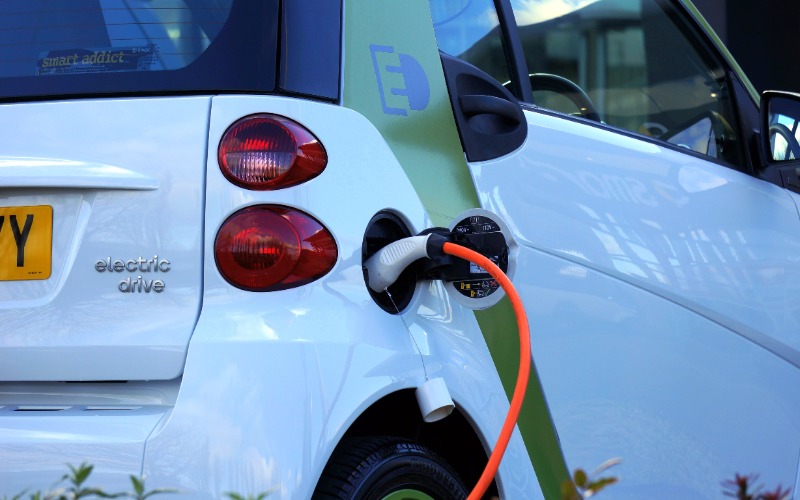In the ever-evolving landscape of the American automotive industry, a recent study by FINN has shed light on the surge in popularity of electric vehicles (EVs), with the Tesla Model Y leading the charge. As the United States inches closer to an electric future, this comprehensive analysis not only showcases the top-performing EV models but also unveils key demographics, state preferences, and market projections that are steering the nation’s transition to cleaner and more sustainable transportation.
Trending EV Models
Topping the charts in the study is the Tesla Model Y, demonstrating an impressive growth trajectory. From 191,451 units in 2022, sales skyrocketed to 296,059 by the third quarter of 2023, marking an astounding increase of 104,608 units. This surge catapults the Model Y to the forefront, accounting for approximately 34% of all EV sales in the United States and solidifying its position as the best-selling electric car in the country.
Not far behind, the Chevy Bolt EV/EUV claims the second spot in the rankings. With sales more than doubling from 22,012 in 2022 to 49,494 by Q3 of 2023, the Bolt has carved a niche for itself as America’s most affordable EV, starting at a retail price of $26,500. This affordability factor has undoubtedly contributed to its remarkable growth over the past year.
Rivian, a standout in the electric vehicle startup scene, has made waves with its R1S model. Selling a mere 354 units in 2022, the company experienced explosive growth, reaching 16,540 units sold by Q3 of 2023. With a starting price of $78,000 for the 2023 model, Rivian’s success underscores the increasing demand for premium electric SUVs.

Demographic Dynamics
The study also delves into the geographical dynamics of EV adoption. California emerges as the undisputed leader, boasting the highest rate of EV adoption with an average of 25.02 EVs per 1,000 vehicles registered. As a longstanding pioneer in the EV space, California’s commitment to sustainability has set the stage for the rest of the nation.
Oklahoma, on the other hand, is surprised with the highest increase in EV registrations. Experiencing a remarkable surge of almost 130%, electric vehicle registrations in the southern state soared from just over 7,000 in 2021 to 16,300, signaling a shift towards greener transportation options in unexpected regions.
Massachusetts showcases a different facet of the EV revolution, leading to the adoption of public EV charging stations. With approximately 85.39 charging stations per 1,000 square kilometers, the state is gearing up for the projected demand of nearly one million EVs on its roads by 2030. The need for approximately 10,000 fast chargers underscores the urgency of infrastructure development to support the growing EV ecosystem.
As the automotive landscape undergoes a transformative shift, the findings of this study offer valuable insights into the preferences, trends, and challenges shaping the electric vehicle revolution in the United States. The road to a sustainable future is paved with data, and the electric vehicle ownership report serves as a roadmap for both industry stakeholders and consumers alike.











